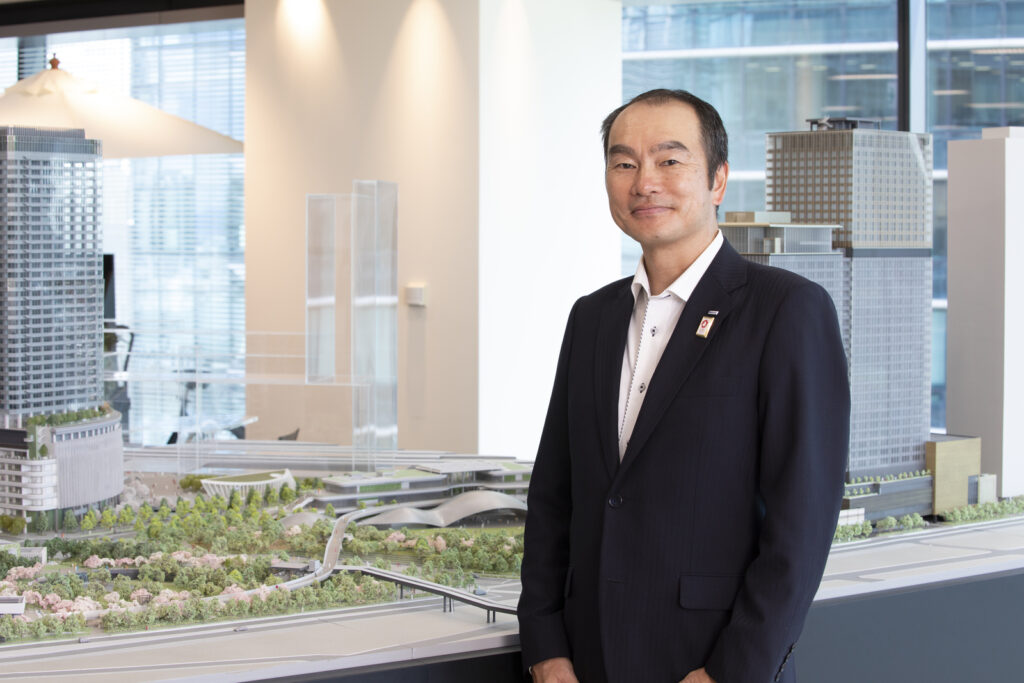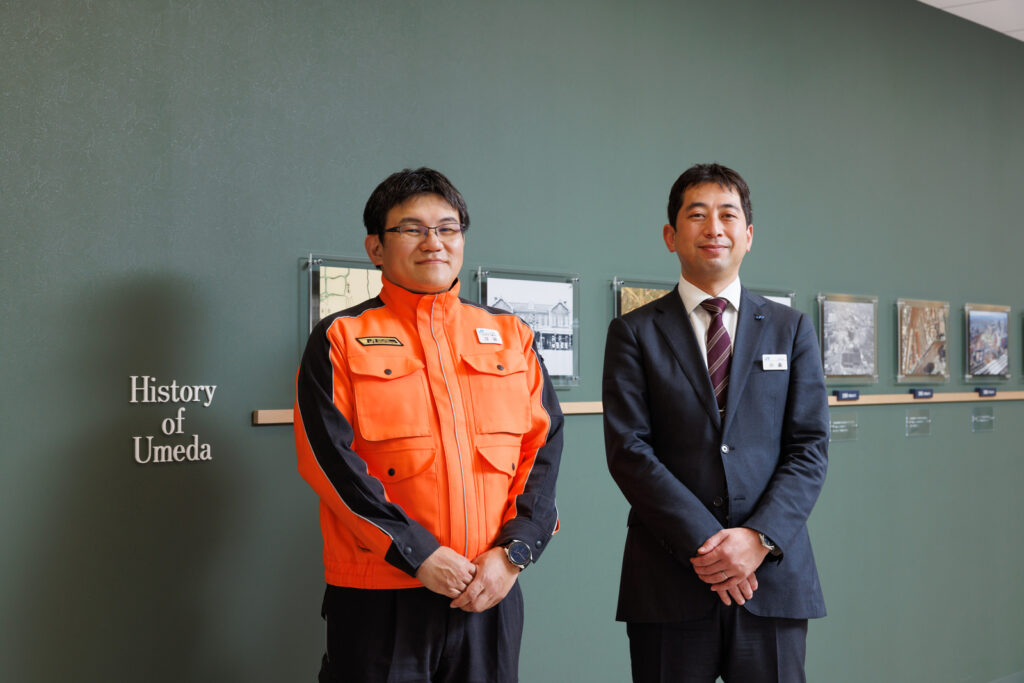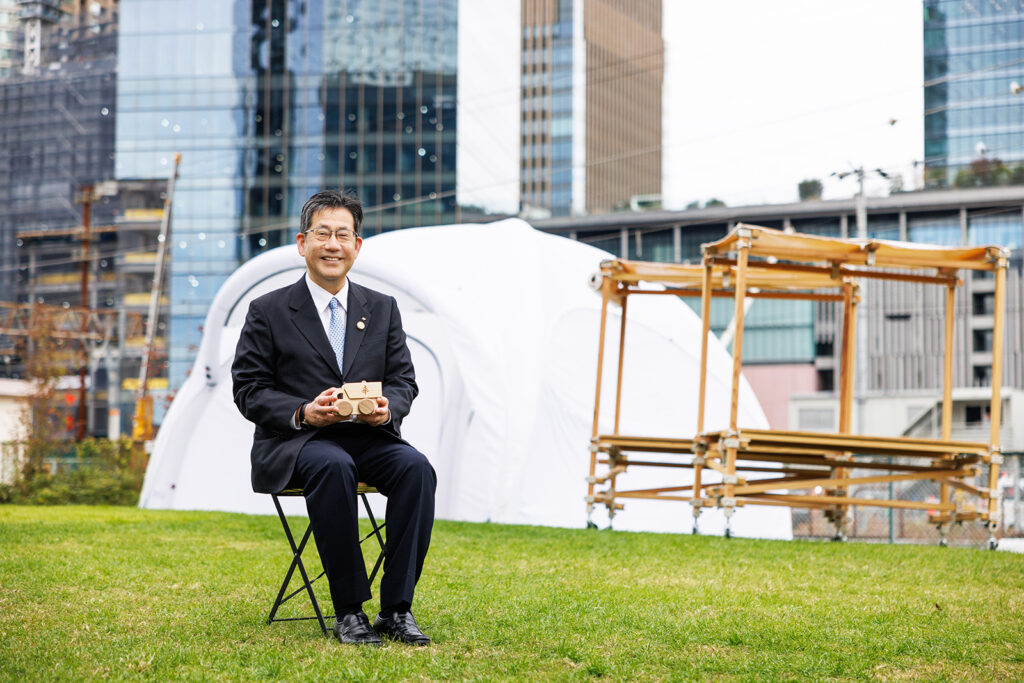Providing good childcare in towns with diverse and transient populations
Saya Kato
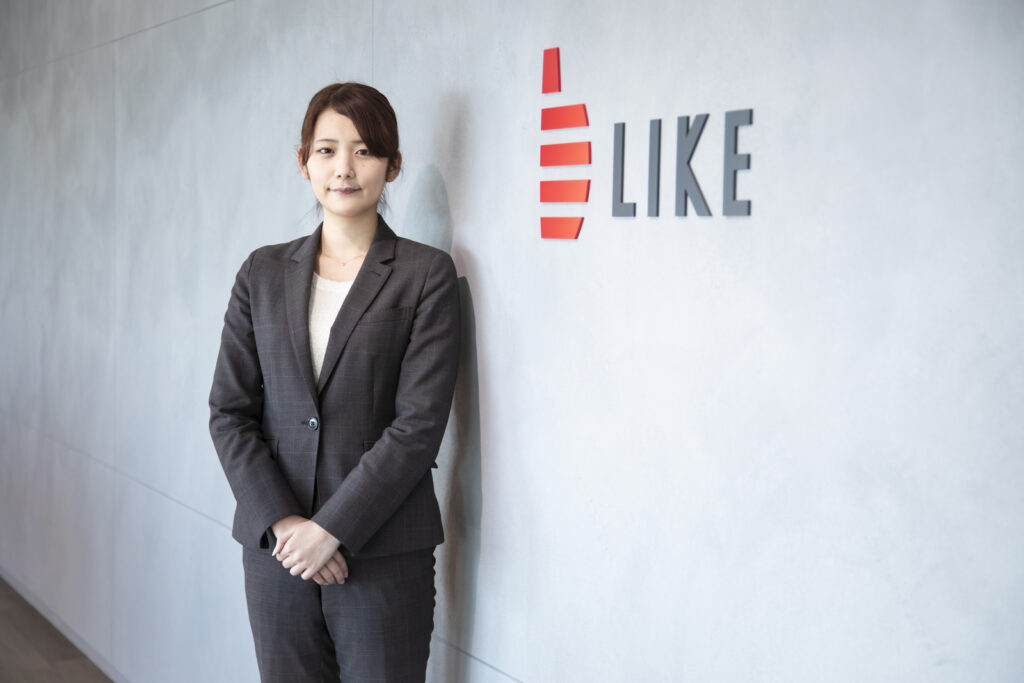
The Like Group provides childcare, human resources, and nursing care services that put people first in order to help resolve social issues, such as Japan’s aging and shrinking population, waiting lists for childcare services, and having to quit work to act as the primary caregiver for a family member. We interviewed Saya Kato, who handles PR for Like Kids, the part of the group responsible for child-rearing support services.
In 2017, the number of children on waiting lists for childcare services stood at roughly 26,000, becoming a major social issue, but this was cut to about a fifth over the following four years. The number has dropped to record lows for four consecutive years. (Source: Ministry of Health, Labor and Welfare)
Kato tells us more about her company. “Our child-rearing support services consist of three pillars: namely, licensed nursery schools that look after children from zero years old until elementary school age, after-school childcare mainly for children from the first through third grades of elementary school, and corporate childcare facilities that prioritize children whose parents work for that company. Our parent organization used to be a cram school called Success Academy, and we started as a childcare facility for the lecturers teaching at those schools. In 1991, the business switched from being a cram school to providing childcare, and in 2009 became affiliated under the Like umbrella, before expanding nationwide.”
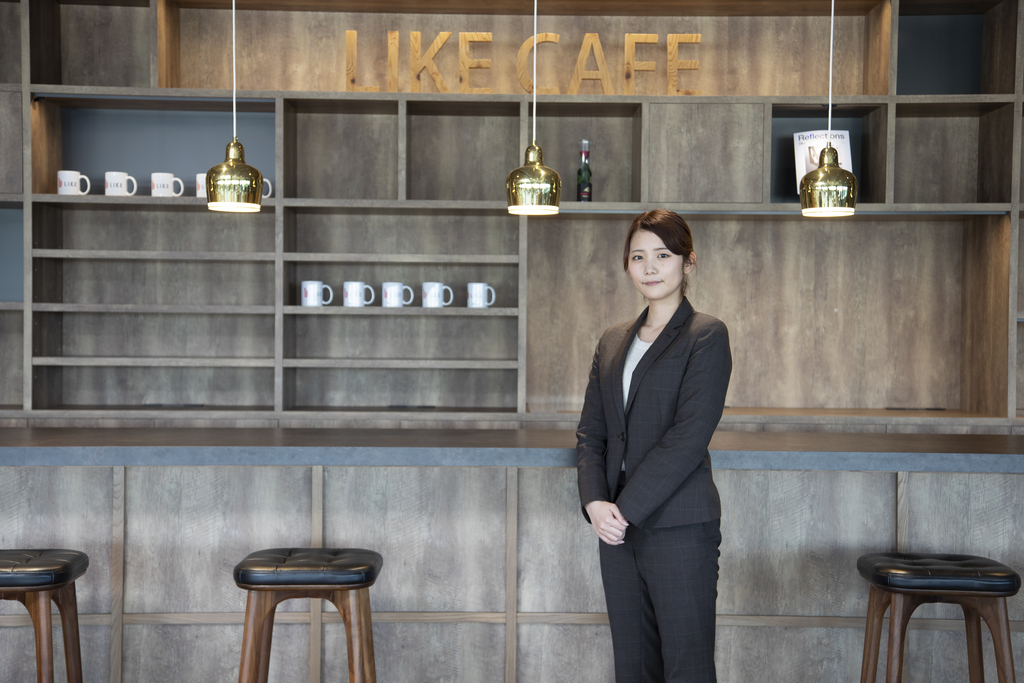
With over 380 facilities across Japan, Like Kids can take full advantage of the Group’s network. “We place great emphasis on our down-to-earth approach to safety and security while looking after the children rather than pushing special services. In order to do so, it is essential to create an environment that not only satisfies the children and their parents, but also our employees. For example, we established a professional growth support system that specifies goals per person, with our headquarters adopting a fair evaluation system as each childminder’s professional growth and our expectations of them will differ, making any standardized form of evaluation difficult. Also, by utilizing the advantages of group management, opportunities for exchanges are provided by bringing together the heads from nurseries around the country, while touring staff called supervisors provide additional support for any childminders who may be feeling overworked. During the COVID-19 crisis, we laid particular emphasis on providing mental support to our employees.”
These three teams operating in different areas—namely, licensed nursery schools, after-school childcare, and corporate childcare facilities—can share information. “We provide opportunities for employees to consider how best to improve their own facilities by holding meetings between nursery heads and childminders to share information about other facilities. Nursery schools tend to be rather closed environments. We hope that these opportunities will spur on each facility to tackle new challenges by seeing how others are operating.”
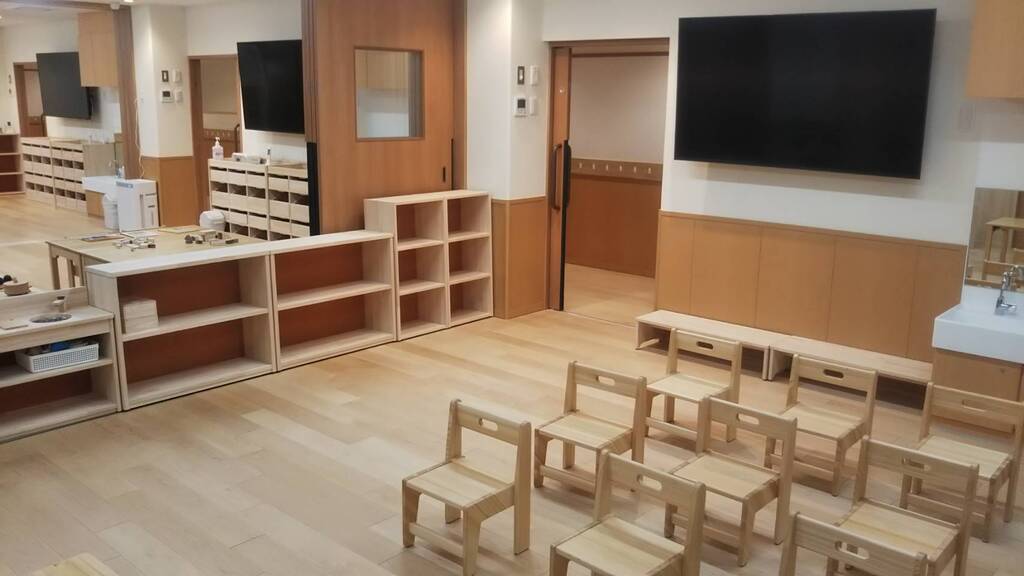
Like Kids’ philosophy for child-rearing can be summed up as “relaxed growth emanating from the earth.” One of their programs is “Childcare with nature.” Kato explains, “Wood is generally used for the interiors of our nursery schools, with the chairs, tables, and lockers used by the children being made from Japanese cypress harvested from forest thinning. Japanese cypress is flexible, has antimicrobial properties, and emits a pleasant fragrance. Many nursery schools in urban areas lack a garden or outside yard. We hope that children with limited opportunities to experience nature can sense the warmth of this wood.”
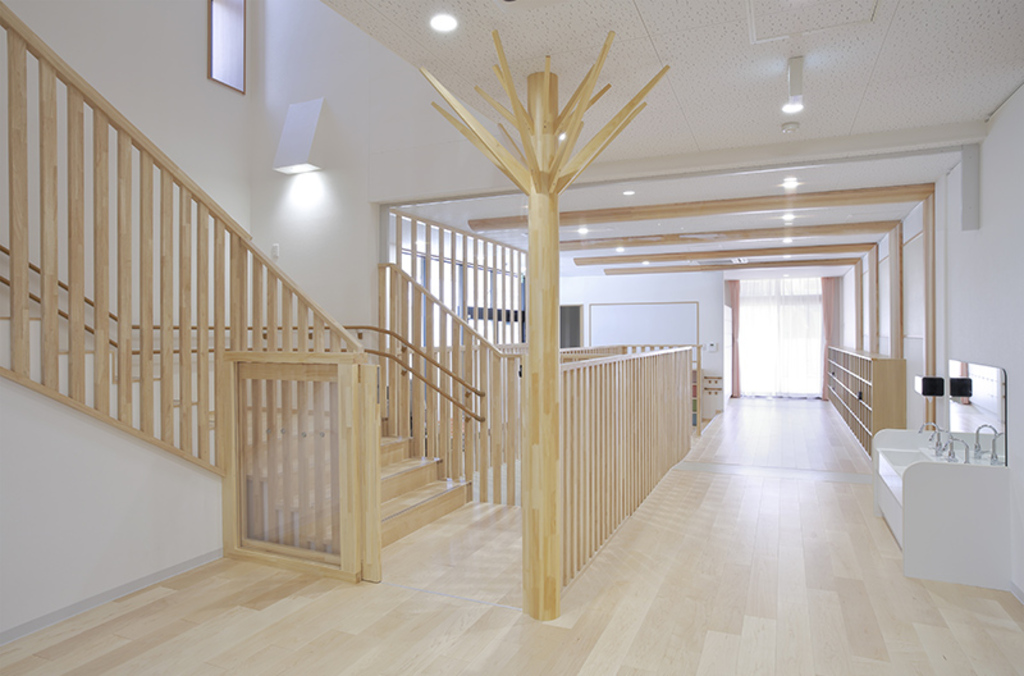
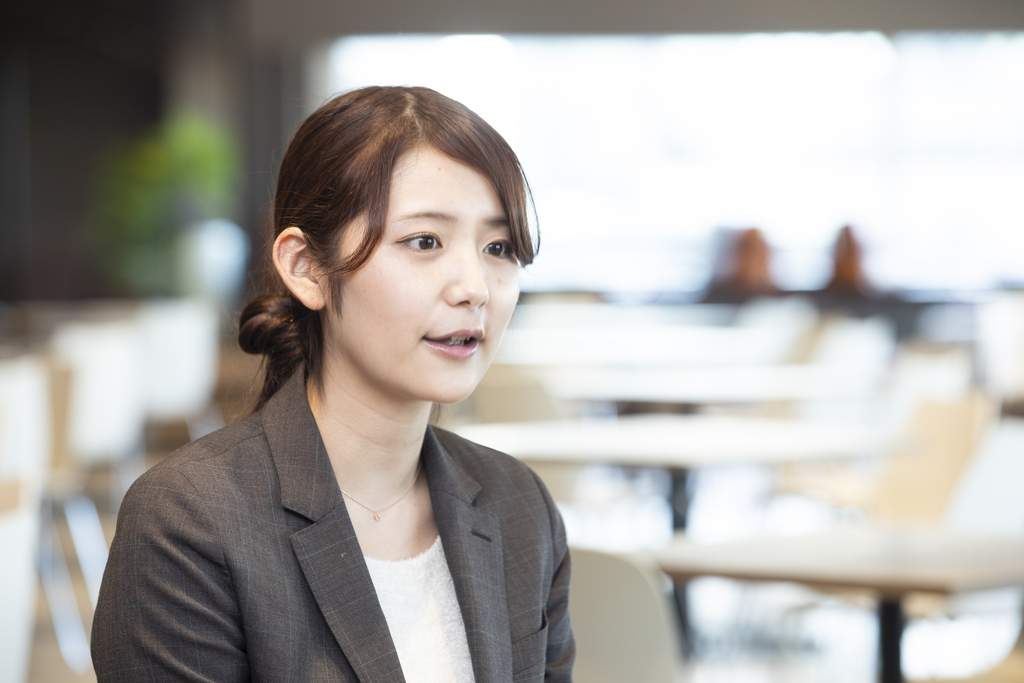
The opening of a licensed nursery school by Like Kids to coincide with the launch of the Umekita 2nd Project has already been decided on. “We believe that nursery schools fulfill a crucial role in the birth of any new town, such as the Umekita 2nd Project. A massive influx of people will be generated in the Umekita 2nd Project with the creation of new office space, commercial facilities, residential properties, and the vast park. Many people will settle in this area and its periphery, but our goal when considering the long-term development of the town is not simply to create a nursery facility; we are thinking about how we can contribute to the community by integrating the nursery school into the overall concept of that town. At the same time, we recognize that the park will be the biggest attraction from the children’s perspective. Although Osaka is not noted for its greenery, the true nature of the seasons will be resplendent in the spacious 4.5-hectare urban park within the Umekita 2nd Project. An environment where your senses are stimulated by the fresh breeze, smells, and sounds of nature, and one can encounter a variety of flora and fauna, is invaluable for small children. We expect it will become a marvelous place where nature can be experienced in the heart of the city.”
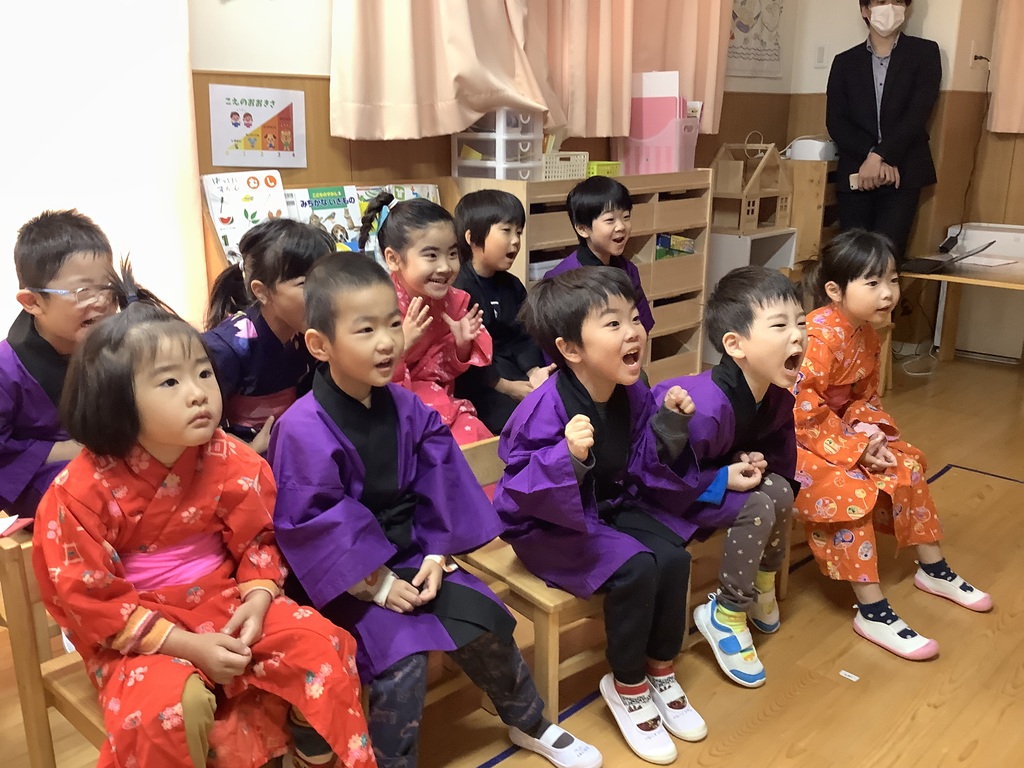
Kato notes that diversity will be stimulated throughout the Umekita 2nd Project by the coming and going of all manner of individuals in terms of age, occupation, and nationality. “An international exchange program held at the nursery schools went down very well. We interacted online with other children at childcare facilities around the world via the screen. Through live exchanges with people in other countries with different languages and cultures, such as Singapore, Australia, and Kenya, the children readily accepted that what is common practice here may not be so in those other countries. Given that there will be many opportunities to experience diversity in the Umekita 2nd Project, not just with locals but also foreign visitors, we anticipate unlimited possibilities in this respect.”
Childcare has been constantly changing in association with the declining birthrate and women’s social advancement. While flexibly responding to those changes, Like Kids aims to nurture children in close partnership with the community. Those children who grow up in the new town will be the very embodiment of the culture of the Umekita 2nd Project.
Saya Kato
Joined Like Staffing in 2019. In February 2022, she transferred to Like, and now leads the PR Department. When not drafting news releases and similar activities, she currently spends most of her time visiting nursery schools and after-school childcare facilities in Tokyo. She enjoys working with people, especially in the fields of childcare and nursing care.
Photography: KENICHI FUJIMOTO Text: JUNKO KUBODERA

 Share on Twitter
Share on Twitter Share on Facebook
Share on Facebook